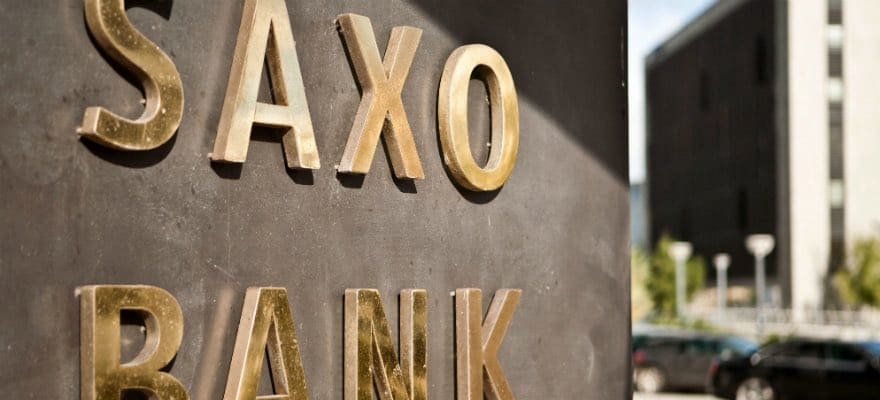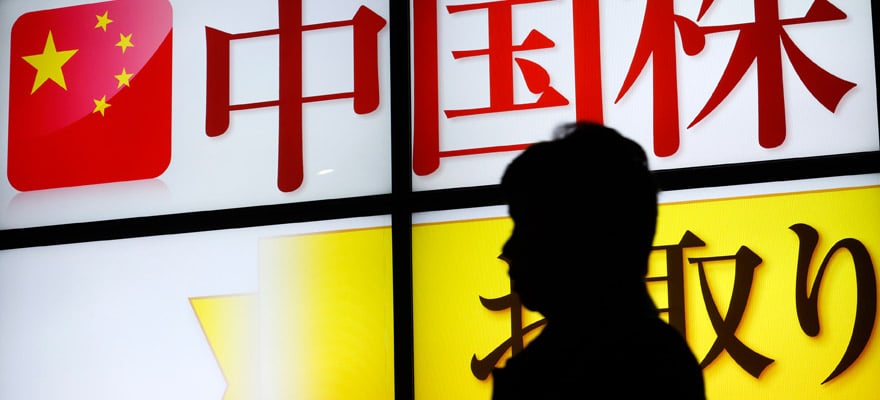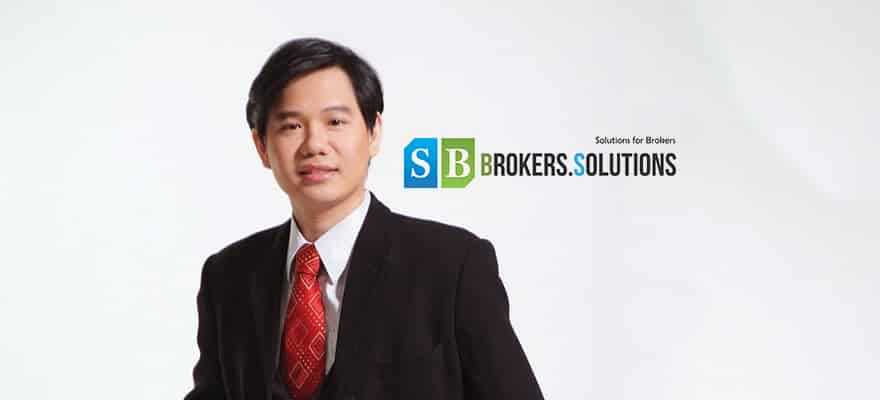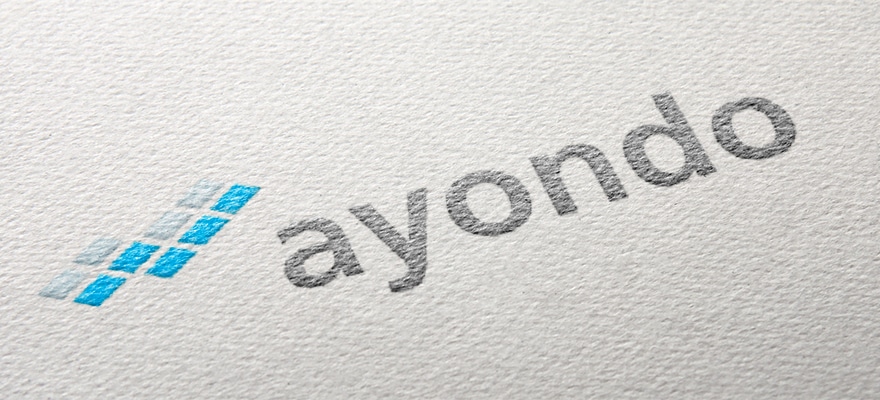With MiFID II new compliance requirements on the horizon and with a greater demand for tighter broker-trader relationship scrutiny made by regulators, the need for spot-on, easy to operate monitoring systems are on the rise. Systems for sorting disputes, reporting obligations, and tracking down actions made by customers and suppliers can save a lot of money. Finance Magnates sat down with Simon Richards, CEO of Fonetic USA, for an in-depth overview of this side of the business.
Tell us a bit about your company, its customers and its goals.
Fonetic specializes in working with investment banks to manage the flow of their multiple communications channels and the resulting orders and trades through a single platform. We provide an overarching holistic view for the front, middle and back office so that banks have instant access to accurate Automatic Trade Reconstruction and Automatic Trade Mismatching to save time, reduce risk and mitigate loss and unwanted fines.
The compliance landscape is fickle, we only need to look at the series of delays on the proposed MiFID II legislation to see this
Being able to monitor and understand what is said in every voice recording, email, chat and IM enables banks to execute and manage the most accurate surveillance programs and perform the most rigorous investigations to understand what is really happening on their trading floors, in all languages.
The compliance landscape is fickle, we only need to look at the series of delays on the proposed MiFID II legislation to see this. Our ultimate goal is to help banks integrate the right technology into the front, middle and back office to ensure they are compliant-ready at the drop of a hat. But more than just being prepared, should the regulators knock at the door, banks can also improve their bottom-line through identifying mismatched trades to minimise unnecessary losses.
What kind of dedicated features does Fonetic have to offer to FX/binary options brokers?
The FX desk is one of the many asset classes we cover but our service offering is the same across all trading floors. We offer automatic trade reconstruction and full holistic surveillance and alerts as well as optimised trade floor management.

Simon Richards
CySEC has recently declared that all call center activity should be recorded to increase regulator supervision. Does Fonetic plan to increase its presence in this market?
Fonetic already operates in the call centre space across the finance, insurance, energy and telecoms sectors to improve the customer experience and improve operational performance, with customers including Vodafone, Orange, Direct Line and Iberdrola. Fonetic Human-IVR recognises speech patterns in up to 84 languages and takes accents and dialects into account.
The solution analyses all channels simultaneously to understand customer perceptions and make improvements to all areas of the business including loyalty and retention, competitor analysis and sales growth. Similar to financial institutions, call centres must be compliant with call recording regulations and so our solution logs call information for auditing, performance reporting and future system enhancements.
The Fonetic website states that human scrutiny costs a lot. Can technology replace the human eye and human judgement?
Human judgement is always important at the end of the day, but it has also always relied on irrefutable hard evidence. Reconstructing a complete trade from start to finish by connecting every email, voice-call, instant message (IM), text and also any anomalous behavior that is related to that trade’s data, means that any evidence that could support human judgement is at the tip of compliance officers’ fingertips, within minutes.
When it comes to Regulation , technology is used to ensure accuracy and speed. With proposed MiFID II amendments requiring banks to submit full trade reconstruction within 15 days this cannot be processed in an accurate and efficient way without technology.
Human judgement is always important at the end of the day, but it has also always relied on irrefutable hard evidence
Is biometric technology next in line to penetrate the compliance field?
Yes, biometric technology is an important and growing element in identifying the trader behind each phone call, when it takes place and from where and helps to identify patterns in behavior. The technology maps over 50 different physical and behavioural aspects of a voice to produce a unique and independent print.
Our product can match each trader to their voice through characteristics that are created by the vocal tract, the shape and size of the mouth and nasal passage which generally don’t change over time. Other characteristics are defined by pronunciation, accent, pitch and intonation as well as speed of speech and the emphasis placed on words.
The solution generates biometric voice prints for each trader using a small amount of previously recorded data. Once the audio file is stored in the engine the software can automatically recognize a trader.
To what extent is Fonetic involved in trader-broker disputes, if at all?
The solution we offer provides the customer with a single view of all trades and communications to enable the customer to review the complete trade for any disputes. For example, if a trade booked for $10 million is marked against the actual trade (completed via telephone or chat) which is booked at $100 million, what happens next? In most cases this is not detected until the reconciliation process, when it is too late - the damage is done and the chance for immediate remedial action has passed.
These mismatched trades are racking up millions worth of losses at the P&L desk and have consequences for banks, brokers, financial institutions and independent advisors globally.
The crux of the problem is the time it takes for a mismatch to be identified and analysed. Take the example mentioned above. The trade is made on X date with the broker believing the sale was made for $100 million but the trader thinking the buying price was $10 million.
Take the lead from today’s leaders. FM London Summit, 14-15 November, 2016. Register here!
Three days later (trade date X+3) the clerk in the trader’s back office finds the anomaly and calls the broker’s back office. Both parties agree there is a mismatch and start the process of collating all of the communications relating to the trade to identify where the mistake was made. Bearing in mind this task can take around a week (trade date X+3+7) both parties then have to analyze all the steps of the trade in an attempt to identify if the mistake was made by the broker or by the trader - this can take another five days. So the whole process of sorting out the mismatched trade can take from day trade date X+3+7+5 = 15 days.
But this isn’t the worst bit. The corrected trade now needs to be booked at the correct trading price and markets don’t stop for mismatched trades. The market has more than likely shifted and devalued the sale resulting in a loss of millions of dollars. This creates a ripple effect beyond the original trade as the bank or firm is liable for the loss which will impact on their trading book.
The crux of the problem is the time it takes for a mismatch to be identified and analysed
What is the feedback you are getting from the FX market regarding the increase in regulation and intervention?
We are seeing MiFID II and Dodd Frank Title 7 act as considerable drivers for market demand as compliance officers struggle to get to grips with implementation. The new regulations are exact, covering not only fixed line and mobile calls but also including instant messaging, text messages and internet calls using services such as Skype. Trading firms will be required to:
- Record relevant telephone conversations, face-to-face meetings and electronic communications relating to their own account and clients’ transactions.
- The records must be sufficient to establish the terms of any order placed by a client as well as to detect potential market abuse.
- Records will need to be provided to the client on request.
The amount of data involved is daunting – imagine having to trawl through the detail of every transaction to create an accurate order and/or trade reconstruction in order to pin-point potential fraud or sort out a dispute? That’s where Fonetic come in. Our ability to accurately and completely reconstruct a trade, including all its voice and text communications, within minutes is a game changer and our solution enables complete compliance with these regulations.
How do you see the FX industry in 5 years’ time in terms of compliance?
We’ve already seen the FX industry coming under increased scrutiny over the past few years, with some banks even placing compliance representatives on trading desks. Within the next five years we are likely to see this industry being regulated in a similar way to all other asset classes and being required to be completely compliant with all global regulations. It will be interesting to see how banks respond to this increased regulation but ultimately the sizeable fines should be enough to make them take it seriously. We’re looking forward to helping the FX sector take regulations in their stride.





















